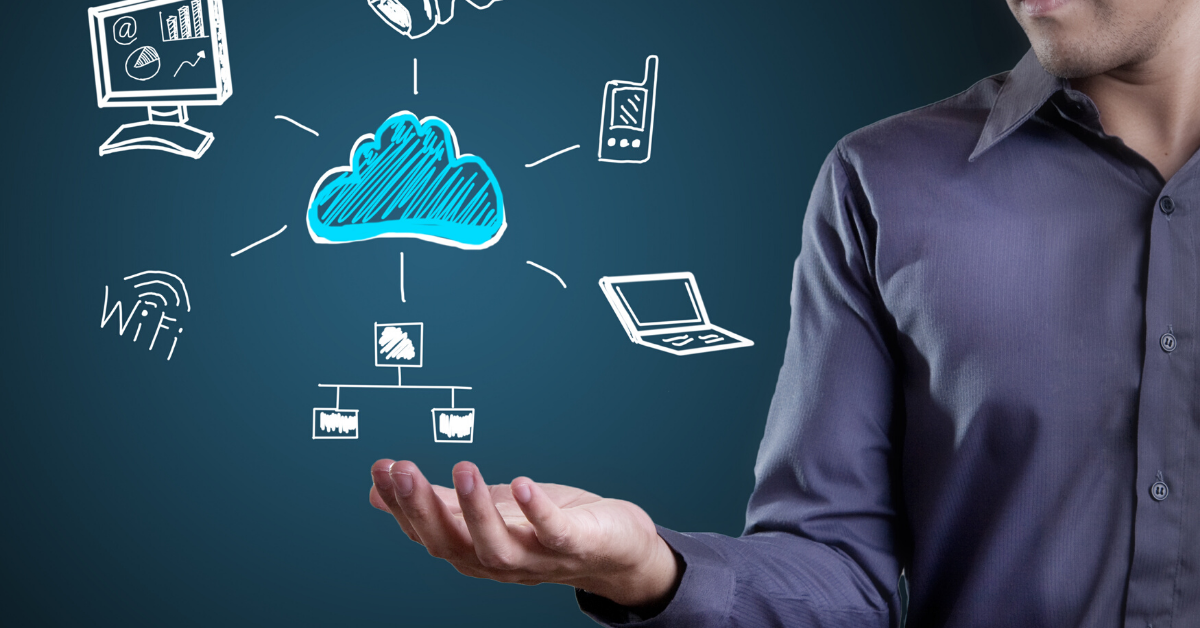
Education has
long been recognized as an integral component of society, providing us with a
solid basis to shape our futures, progress careers, and achieve advancement.
But as society changes rapidly, so does education - as evidenced by rapid
trends and developments that could shape its future. This blog will look at recent trends that could shape its path forward.
The Rise of Online Learning
One of the most significant changes in education today is online learning's advent. Thanks to
technological innovations, students can access quality education from
anywhere around the globe, thanks to virtual classrooms and online courses. This is further amplified by the COVID-19 pandemic forcing schools and
universities into switching over almost overnight to online education for
protection purposes; with results including virtual classrooms, courses online
courses, and digital learning tools being widely adopted for teaching purposes -
giving students more freedom, accessibility and personalized experiences as
well as opening doors to lifelong learning and upskilling possibilities than
ever before.
Personalized Learning
Personalization
has quickly become a critical aspect of education. Since technology and data
analytics have made strides forward, educators are now better able to tailor
teaching methods according to each student's individual needs and learning
styles - moving away from a one-size-fits-all approach and giving more control
over how each learner progresses at his or her own pace and best suits
themselves.
Furthermore,
personalized learning involves including real-world scenarios in curriculum
plans to make education more relevant and engaging; with technology developing rapidly, we should expect even more personalized experiences in the future!
Emphasis on Soft Skills
There has been
an increased focus on cultivating soft skills alongside academic knowledge,
such as critical thinking, problem-solving, communication, collaboration, and
adaptability - essential skills that enable success in modern workplaces where
automation and AI threaten traditional jobs. To ensure students can thrive
under such conditions, educators are now including these soft skills in
curriculums while using different teaching strategies to foster these qualities
in students and ensure they will be prepared for an ever-evolving job
market.
Blended Learning
Blended learning
is particularly advantageous for adult learners with other commitments like
work or family responsibilities; with technological progress expected to change
education practices further, we should see more schools adopt this form of
education. Digital tools enable educators to craft engaging and interactive
online lessons that complement classroom experiences; their flexibility also
makes balancing studies with other obligations much more straightforward for students. As
technology progresses, more schools may adopt blended learning
approaches for a personalized and efficient education experience.
Inclusion and Diversity
Recent years
have witnessed an increased emphasis on inclusivity and diversity in education,
providing equal opportunities to learners from diverse backgrounds, cultures,
abilities, and circumstances. Inclusive education aims to create safe learning
environments that foster acceptance regardless of differences and foster
community among all learners from diverse backgrounds; not only does this
foster a sense of belonging among all learners and prepares them for working
environments where diversity will exist later on. Educators must respect
diversity while creating inclusive experiences for their pupils.
Project-Based Learning
PBL cultivates
critical thinking skills, problem-solving abilities, collaborative efforts
among classmates, and hands-on learning experiences between classes - creating
hands-on experiences while encouraging interdisciplinary collaboration.PBL gives students a chance to apply their knowledge
and abilities in practical settings that make their education relevant and
impactful - increasingly popular as the workforce requires creative thinkers
with problem-solving capabilities; PBL teaching methods have become ever more
prevalent teaching methods.
AI-Powered Learning
AI can analyze
student performance data to predict student outcomes and provide early
interventions for struggling learners, creating interactive and immersive
virtual and augmented reality learning experiences - making education fun and
immersive! However, educators should consider its ethical
repercussions when using AI in classroom settings, as it may compromise student
privacy or perpetuate biases.
AI tools also
assist teachers by quickly grading assignments to dedicate more time to
personalized instruction or interacting directly with students. As AI
technology advances, we may witness even more innovative uses for
AI within education systems.
VR and AR Technology
VR transports
students back and forth across time and space, allowing them to explore
historical sites or experience scientific phenomena. For instance, students of
history could visit historical sites virtually, providing more immersive and
engaging learning experiences; similarly, medical students can use AR
technology for training without risk to actual patients. As VR and AR become more
accessible and affordable. We may see them integrated into various educational
settings.
Conclusion:
Future education
promises an exciting adventure with innovative solutions designed to
make learning more effective, accessible, and enjoyable. Artificial
Intelligence, Virtual Reality (VR), Augmented Reality (AR), Gamification, as
well as personalized and blended learning will likely play a pivotal role in
its progression, offering students more personalized and engaging learning
experiences - as new trends and innovations appear we should expect an
education system which better equips its students for whatever awaits them in
their journey ahead.









0 Comments